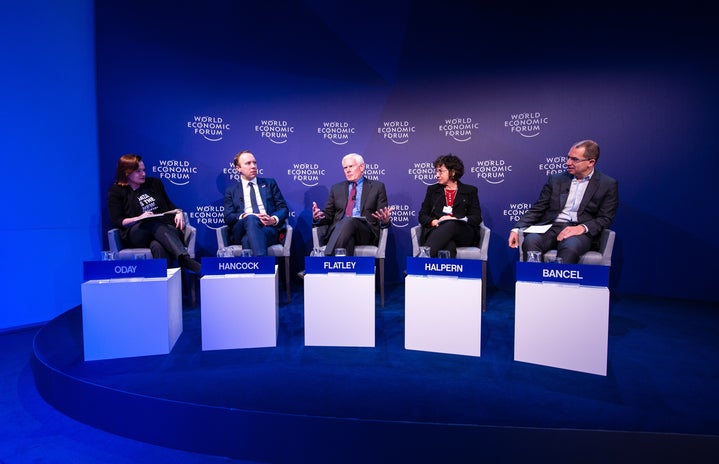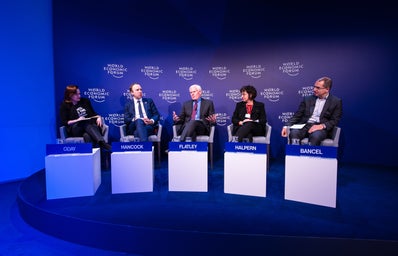The 21st century brings with it a list of longstanding and new issues for which effective solutions have not yet been reached. In today’s society, political bias affects individuals’ opinions of different groups of people and causes many to become closed-minded. An inclusive environment is one where diverse people can interact amicably and civil discourse is encouraged. Rather than allowing their differing positions to hinder their ability to foment lasting and effective change, people should collaborate when seeking solutions to global issues.
Too often, people argue from their own, limited perspectives while ignoring the opinions of others. As a result, constructive discourse turns into counterproductive arguments that do not better society. Issues must be solved by individuals who care about topics that do not necessarily apply to them and require solutions that may not cater to their own beliefs. Setting aside one’s own sentiments can prove challenging, but by receiving an education that fosters global curiosity and civil discourse, scholars such as myself will be willing and able to do so.
The courses students take in college are just as important as the methods in which they are taught. By meeting in small, inclusive groups, students are able to discover more about their own identity, while also having the opportunity to become aware of others’ identities as well. The lessons students learn in their courses leave them with a well-rounded understanding of various topics and the knowledge they need to form and voice their own opinions in both a respectful and educated manner. So why is this still so difficult for political leaders? In the vice presidential debate, eighth-grader Brecklynn Brown posed the question, “When I watch the news, all I see is arguing between Democrats and Republicans. When I watch the news, all I see is citizen fighting against citizen. When I watch the news, all I see are two candidates from opposing parties trying to tear each other down. If our leaders can’t get along, how are the citizens supposed to get along?”
On a global level, inclusive communities should focus on positive change by encouraging productive conversation where all opinions are heard and thoroughly discussed. Whether debating an academic or social subject, it is important that people value different perspectives, even if they do not align with their own. By appreciating diversity of opinion and being willing to compromise, people can address and reach permanent solutions on global issues. Individuals who are active in society and allow opposition to broaden their own perspectives contribute to inclusive communities by making them both supportive and challenging. Let’s challenge ourselves, our community, and our leaders to do this.


